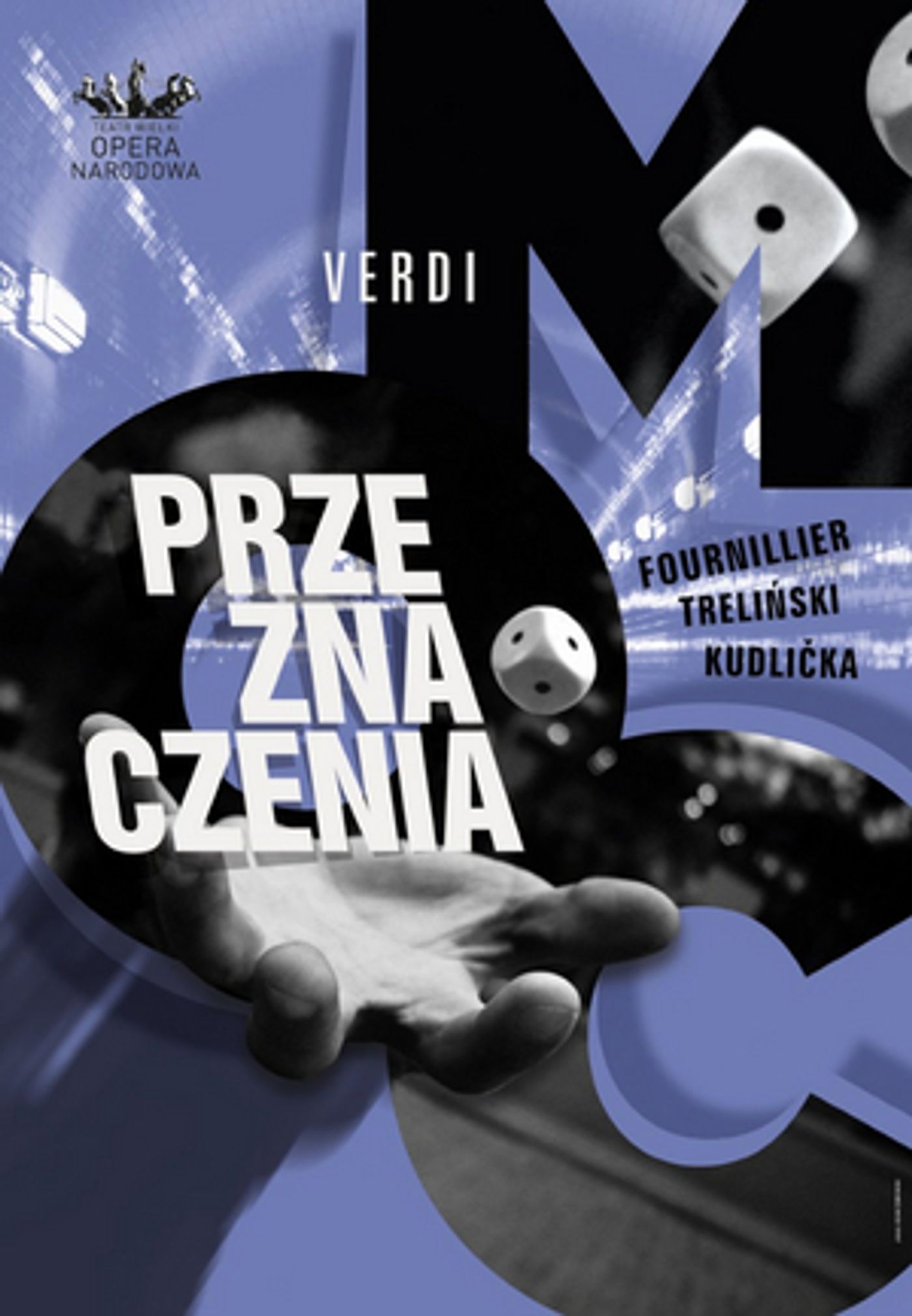THE POWER OF DESTINY Comes to Teatr Wielki Next Month
Performances run January 13-22.

The scene of the evening tryst between Donna Leonora and Don Alvaro opens The Power of Destiny by Giuseppe Verdi (1862-1869). The girl's father, the Marquis di Calatrava, arrives. Don Alvaro pulls out a pistol, probably a flintlock, for that was used in the eighteenth century.
The gun goes off without his will, and a stray bullet kills the old man instantly. The terrified lovers run away, each going his own way, although they planned to run away together. If this reminds you of Mozart's Don Giovanni and the Commodore's death at the hands of his daughter's seducer, then it's a good intuition. A certain Prince Rivas, the author of the Spanish drama on which Verdi's opera was based, borrowed literary inspiration from Tirso de Molina and his Don Juan, in which the Commander is named Calatrava, and the story also takes place in Seville. However, this is where the similarities end - Don Alvaro is not a reckless seducer, but a descendant of Inca kings madly in love with Donna Leonora. As a "mixed-breed", because that's how he is perceived by the Spanish nobility, he is unworthy of her hand.
That is why the pursuit of lovers is started by the girl's brother, Don Carlos di Vargas, convinced that the sister has tarnished the honor of her family, so she deserves to die. Driven by a merciless desire for revenge, he acts like a professional assassin - he will not rest until he has killed the guilty. The opera ends with a dramatic trio for soprano, tenor and baritone, and in the finale the destiny announced in the magnificent overture is fulfilled.
The Power of Destiny opens a series of operas that Giuseppe Verdi wrote for a foreign commission. After the successes of Rigoletto , Il Trovatore and A Masked Ball , after the triumph of talent manifested in La Traviata , not immediately appreciated by his contemporaries, Verdi ended the "galley years", as he himself called the period in which, like a farmhand, he wrote opera after opera, chasing after subsequent orders from theaters that are still hungry for new repertoire. These were times when reliance was less on the classics and more on freshly written works.
Verdi's fame crossed the borders of Italy. He composed The Power of Destiny for the tsar's court opera , Don Carlos for Paris , and Aida at the request of the Khedive of Egypt. And to think that a decade earlier he wanted to break his pen like Rossini, or at least take a two-year break from composing. However, when an order came from Russia, the composer decided to accept the challenge. His choice fell on the family drama by Angel Perez de Saavedra, Duke of Rivas entitled Don Alvaro or the Power of Destiny, 1835. The tragic struggle of two reasons - honor and heart - attracted the composer. He asked Francesco Maria Piave, with whom he created Rigoletto , Traviata, to write the librettoand Simon Boccanegra - they did not yet know that La forza del destino would be their last work together. The premiere took place in St. Petersburg in the autumn of 1862 - the audience received it enthusiastically, the Russian critics less so, and nationalists who wanted to support the Russian national opera protested. Verdi was not entirely satisfied either - he decided to make dramatic and musical corrections, changing e.g. the circumstances of Carlos and Alvaro's duel and the death of Donna Leonora. In 1869, the final version was played at La Scala. The audience cheered and only one man in the audience whistled, but he was the one that stuck in Verdi's memory and it made his mood dull.
Power of Destiny is considered a slightly overdeveloped opera, excessively rich in episodic characters, such as the gypsy Preziosilla (after all, a mezzo-soprano should also have something to sing), overloaded with improbable events. Despite this, it does not leave the world's stages without losing any of its attractiveness. The best proof is the co-production of the Metropolitan Opera in New York and the National Opera in Warsaw, as a result of which Power of Destiny is directed by Mariusz Treliński. This will be his third performance for the famous MET, after Pyotr Tchaikovsky's diptych Jolanta and Bluebeard's Castle by Béla Bartók and Richard Wagner's Tristan and Isolde.
Videos


